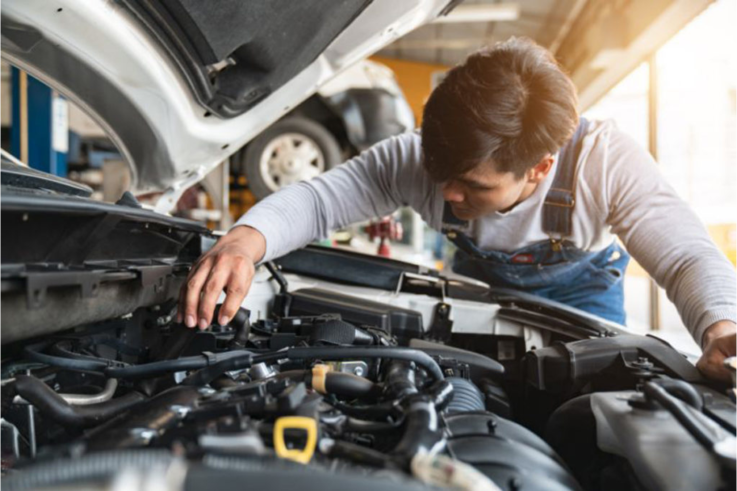- by Editorial Team
- 0
BMW, Audi, or Mercedes: Which Car Brand Is Most Reliable?
Posted in : Car Maintenance TipsRecent Posts
Categories
- Aston Martin (2)
- Audi (13)
- Bentley (9)
- BMW (14)
- Car Maintenance Tips (61)
- Dent Repair Without Paint Dubai (1)
- Ferrari (10)
- Flying Car (2)
- Ford (1)
- Infographics (2)
- Jaguar (7)
- Jeep (1)
- Lamborghini (7)
- Land Rover (6)
- Maserati (7)
- McLaren (6)
- Mercedes-Benz (13)
- Mini Cooper (2)
- Porsche (11)
- Range Rover (4)
- Rolls Royce (6)
- Shock Absorber Replacement Dubai (2)
- Uncategorized (2)
Archives
- February 2026
- October 2025
- September 2025
- August 2025
- July 2025
- June 2025
- May 2025
- December 2024
- October 2024
- September 2024
- August 2024
- July 2024
- June 2024
- May 2024
- December 2023
- November 2023
- October 2023
- January 2023
- December 2022
- November 2022
- October 2022
- September 2022
- August 2022
- July 2022
- June 2022
- May 2022
- April 2022
- March 2022
- February 2022
- January 2022
- December 2021
- November 2021
- October 2021
- September 2021
- August 2021
- July 2021
- June 2021
- May 2021
- April 2021
- March 2021
- February 2021
- January 2021
- December 2020
- November 2020
- October 2020
- August 2020
- April 2020
Popular Posts
- September 22, 2025
- 0
The Ultimate Guide to a Minor Car Service: What It Includes & Why It’s Essential
- by Editorial Team
Popular tags
Ac Filter
and Bentley. Our advanced diagnostics and luxury-focused approach ensure your vehicle’s cooling system performs flawlessly—even in 50°C summer heat. If your AC isn’t cooling like it used to
and climate control modules. Ignoring small AC issues in the UAE climate can quickly lead to expensive system failures. At Apex Auto Garage
and constant traffic place extraordinary stress on your luxury vehicle’s air conditioning system. When cabin cooling starts weakening
and exotic vehicles including BMW
Audi
Auto Maintenance Specialists Dubai
best oil filter
bmw engine repair in dubai
Brakes & Safety Services | Dubai
British
car headlight restoration
cheap car restoration
condenser
Dent Repair Without Paint Dubai
desert sand
Dubai’s extreme heat
European
evaporator
Expert Audi Oil Leak Repair Dubai
Expert Mercedes Transmission Repair Dubai
ferrari engine repair
grage ai qquoz
it’s often a sign that your system needs professional attention. A proper vehicle AC inspection Dubai service is not just about comfort—it protects critical components like the compressor
Maserati Engine Repair Dubai
Maserati repair
Maserati Repair Dubai
Maserati Service
Maserati Service in Dubai
mclaren service dubai
Mercedes-Benz
or airflow becomes inconsistent
peugeot-repair-garage-dubai
Peugeot Gearbox Repairs Dubai
Porsche
Range Rover
Shock Absorber Replacement Dubai
Suspension
Trusted Car Workshop Dubai
unusual odors appear
vehicle-repair-workshop-dubai
Vehicle Servicing Experts Dubai
Volkswagen Brake Repair in Dubai
Water damage car repairs
we specialize in German
